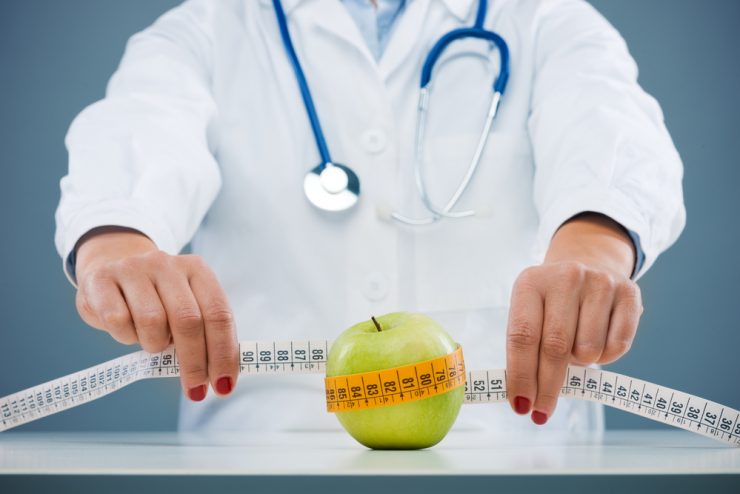A proper diet and exercise can provide much relief to children and adults with cystic fibrosis. A genetic disorder, cystic fibrosis causes problems with the lungs and digestive system when too much salt and too little water in the body results in thick, sticky internal secretions that clog the body’s tubes and passageways. People with cystic fibrosis are prone to infections, particularly chest infections, and other illnesses and conditions.
Because of the role salt plays in cystic fibrosis, supplementation is important. However, all supplementation should be discussed with and approved by medical professionals. Babies and children may require salt supplements because their sweat removes much-needed salt from the body.
Cystic fibrosis also causes mucus build-up in the pancreas, leading to digestive problems. Pancreatic enzymes are necessary for all age groups with cystic fibrosis, although needs are different for each age group. Vitamins A, D, and E also are important for babies, children, and adults with cystic fibrosis.
The diet for cystic fibrosis should contain a large amount of protein and calories for children, and double the amount of normal protein for adults. All kinds of foods are permitted, but it is important for children to gain and maintain weight, so frequent meals, snacks, and dietary supplements like milk shakes are encouraged, says the National Health Service (NHS). Meat, fish, eggs and starchy foods are encouraged. Adults should eat high-calorie snacks like nuts and oily fish. Children who have difficulty gaining weight may require tube feeding in a hospital, as could adults who lose weight from an infection or illness.













